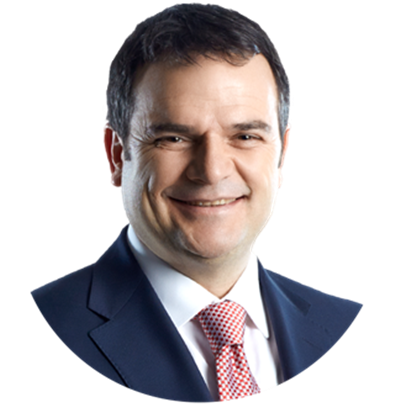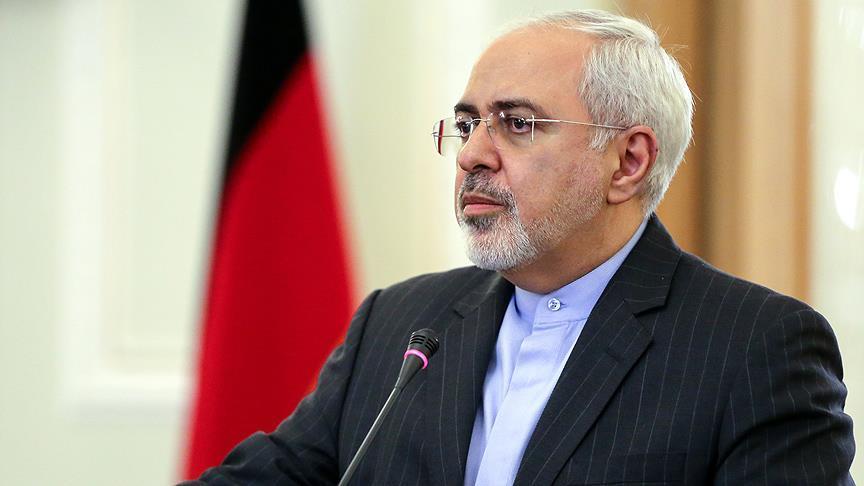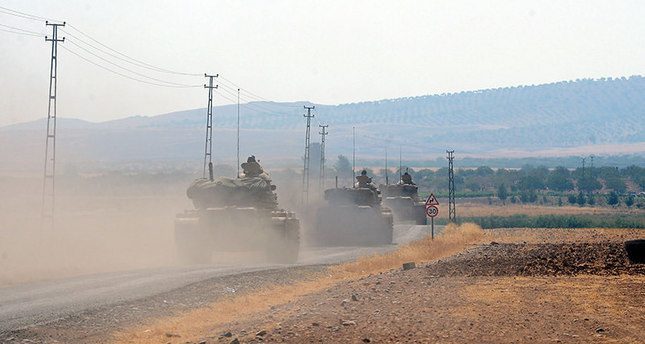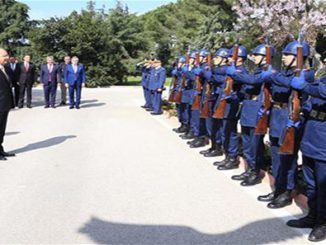
BY: Kemal Öztürk*
We understand the security paradigm better: wherever a terror organization becomes a threat to our country, and where ever it becomes powerful in, we will intervene on the spot.
Let me explain with examples:
Is there a Daesh threat coming from Jarabulus? We entered the region and intervened. Did the YPG militants become a threat in the east of the Euphrates? We bombed the area. Is Daesh in Mosul? We established a camp. Is the PKK in Qandil? We attack. Through this strategy, we establish the security base and defense shields beyond our borders, thus the flames don’t burn us in the process.
Naturally this, spoils the plans of others. For example, the Jarabulus move crumbled the U.S. plans to found a special country for the PKK in the northern Syria. The PKK/YPG had to move to the east of the Euphrates. An Irbil Government official told me that the YPG/PKK is lately experiencing the worst times in Syria. For this reason, our relations with the U.S. are tense and the PKK is trying to persecute us. Again with the Jarabulus move, Daesh had to go down South and was cornered in al Bab. It has to either negotiate with the Damascus administration or has to fight with Turkey. Therefore, Daesh too, is trying to increase terror for Turkey.
Setting the game in foreign affairs
The Middle East is the world’s most problematic region. It is hard to set a game, spoil a game, establish order, establish a system and, most importantly, live in peace in this region.
Just think about it: We have had a political and foreign affairs system for 90 years that stays distant, doesn’t get involved, and lives secluded from the area. With this mind set, we left a region that was ours only 100 years ago to its fate. Thus, whoever felt inclined, moved into the region and the imperialist power occupied as they pleased. We now suffer from the games they set and the bombs they explode. We scream out as we suffer.
But screaming is useless. You aren’t in the game, the equation or the field. You have to stand still and wait for a problem to approach you. Good on; you are free. Well, stop there. You are not free. You have to deal with the bombs that explode in Diyarbakır, Antep, Ankara, İstanbul. You can sob as you wish.
You will understand the truth when you enter the field
Turkey is now changing its stance. But it’s not that easy. Creating a strategy in Syria is hard let alone creating one in the Middle East. This equation is so complicated, as there are so many variables and unknowns in it. There are countries who are enemies on the east of the Euphrates, but are friends on the west of it. It is really hard to understand the situation.
We have to look at the big picture and establish a strategy in the Middle East. The U.S. and Russia are moving from game to game in Iran. At last they put six countries on fire and killed hundreds of thousands of people.
Don’t worry about the authors who write from their cozy chairs, the academics who talk from their offices, the politicians who criticize the concept without setting a foot out of their comfort zones. They would understand the truth the moment they step out into the field. But they are conformists and they cannot change this. Forget about them.
Let’s make smart moves on the chess board
We have to make a plan for the whole Middle East. If you were to ask how that would be possible, I would say Turkey’s knowledge and experience would be enough to do this. The only thing Turkey lacks is courage, but President Erdogan has instilled this.
Now it’s time to return to the chess board. We have to think wisely, and take moves thinking ahead. We have advantages and disadvantages in the game. I will write on this in tomorrow’s article.
I would suggest that you read two very important articles in the meantime. One is Professor Şükrü Hanioğlu’s article (October 23, 2016, Sabah Newspaper) which Taha Akyol reminded me of. And the other is the former foreign affairs undersecretary Feridun Sinirlioğlu’s interview in the Hürriyet Daily published on 24 October.
*Kemal Öztürk is a Turkish columnist. He writes for Yeni Şafak Turkish newspaper
(Published in Yeni Şafak daily newspaper on Tuesday, Oct. 25, 2016)



